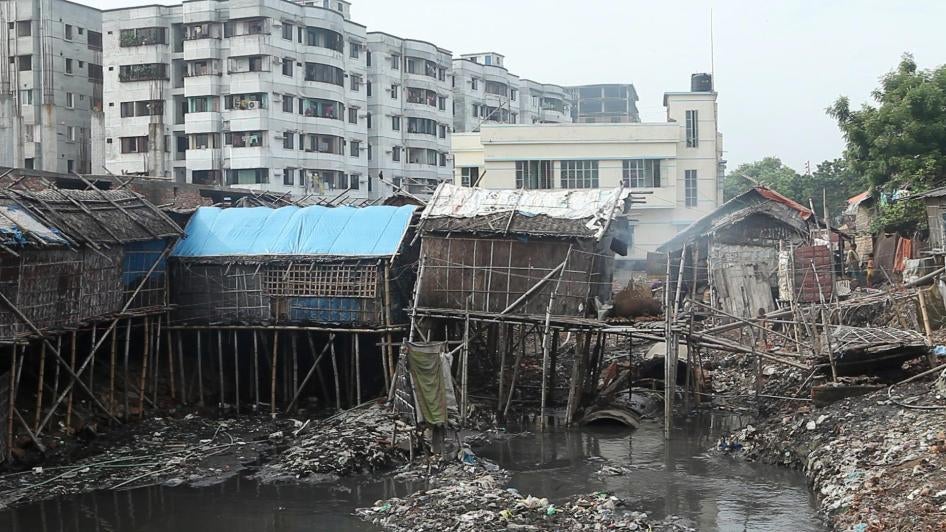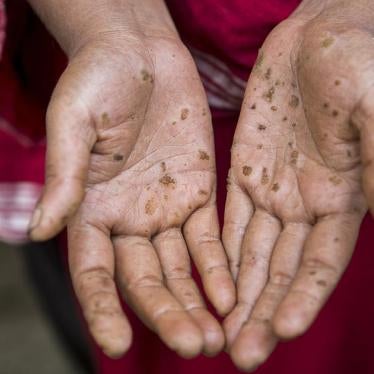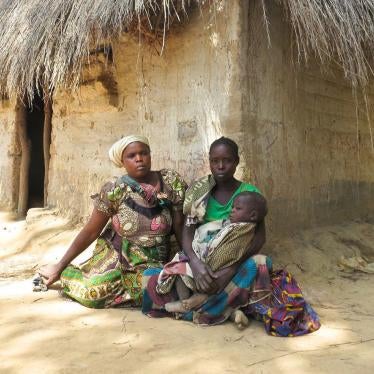Pollution is a major cause of premature death, disability, and disease around the world, a new report in the medical journal Lancet said today, stressing that most health impacts are on people living in low- and middle-income countries.
The report estimates that diseases caused by pollution were responsible for approximately 9 million premature deaths in 2015 – 16 per cent of all deaths worldwide. In the most severely affected countries, pollution-related disease kills more than one in four people.
But pollution rarely kills people directly or quickly. Instead, it is an important cause of asthma, cancer, neurodevelopmental disorders, and developmental delays in children; and heart disease, stroke, pulmonary disease, and cancer in adults.
The report challenges the oft-repeated line that pollution and disease can be addressed only when a country has industrialized and become richer. It notes that many of the pollution control strategies that have been effective in some wealthier countries – newer technologies as well as sound laws, policies, and regulations – can be adapted for countries at every income level.
It also notes that the burden of pollution is not evenly distributed within countries. Human Rights Watch’s own research has shown how pollution often disproportionately impacts marginalized populations – including ethnic minorities, the urban poor, women, children, older people, and people with a disability – who usually don’t have the means to hold governments or industry to account when their rights are violated.
Finally, the report rightly says that pollution and pollution-related disease “deserve the concentrated attention” of world leaders, civil society and health professionals. The way to do that is through improved technology, combined with legal developments, policy reform, and robust human rights interventions. If world leaders act with the urgency these issues demand, they can reduce the enormous health burden of this major global threat.










